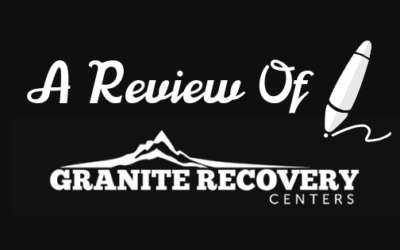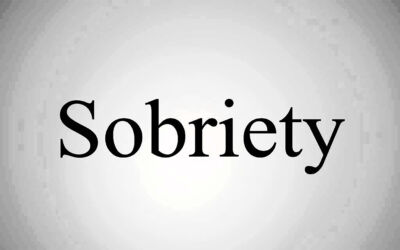Addiction is a family disease. While the lion’s share of the work rests squarely on the shoulders of the addict, the family also plays a critical role in a loved one’s recovery. With the help and support of the family, the addict will feel empowered and confident in their new found sobriety. The following are effective ways in which families can help recovering addicts with relapse prevention.
Providing Motivation and Support
The most obvious way families can aid in relapse prevention is helping the addict stay motivated and positive. Early recovery can be frustrating for those who are newly sober. They may be questioning their program, their counselors, and they may be questioning if they can stay sober at all.
The family can help by being involved in the treatment process and taking part in family therapy programs. Additionally, they can ensure their loved one takes their medications and keep their appointments. Most importantly, families can provide meaningful support and being an anchor for their addicted loved one when they are hitting a rough patch in their recovery.
Reducing Family Conflict
Another way in which families can help loved ones in relapse prevention is to identify those family dynamics that are causing stress and friction. Unresolved family conflicts and resentments create high levels of stress that can impede the recovery process. Family therapy is beneficial in opening healthy lines of communication. Families can also spend more quality, positive time together. Additionally, families can work together in finding flexible and healthy solutions to problems they face on a daily basis.
Support Abstinence
Families of recovering addicts can help promote relapse prevention by fully supporting abstinence from substances. This can include helping their loved one find hobbies that are healthy and recovery-oriented. This can also include helping loved ones find a sober support group such as AA, NA or non 12-step groups like SMART Recovery. Additionally, families can help steer their recovering loved ones away from high-stress social situations which may trigger relapse.
Helping Loved Ones Build Coping Skills
The key to long-term recovery is the building of healthy life and coping skills. Stressors such as financial worries, the beginning or ending of relationships, and personal conflicts among others. Families can help by listening and talking to their loved one. Families can also help those newly recovered by working with them in solving problems or issues that arise. Ultimately, families can empower their loved ones to use the coping skills learned in treatment.
Knowing Signs of Relapse
Families can play a critical role in a loved one’s recovery by recognizing the signs of relapse. Family members should know the signs of recovery as well as the early signs of relapse. When the signs are present, the family should be proactive in putting together a plan in order to minimize the risk of relapse. Additionally, the family needs to contact treatment providers and other professionals in putting together a revised relapse prevention plan that addresses their current issues.
Get Help Today
The addict is not alone in their recovery journey. It takes the love and support of the family to help encourage and empower the newly recovery addict to embrace sobriety. If your loved one is struggling with addiction and needs help, call Drug Rehab Program Journal today at 1-800-205-1201. Our experienced personnel can provide your family the resources and support you need to make recovery a reality.




